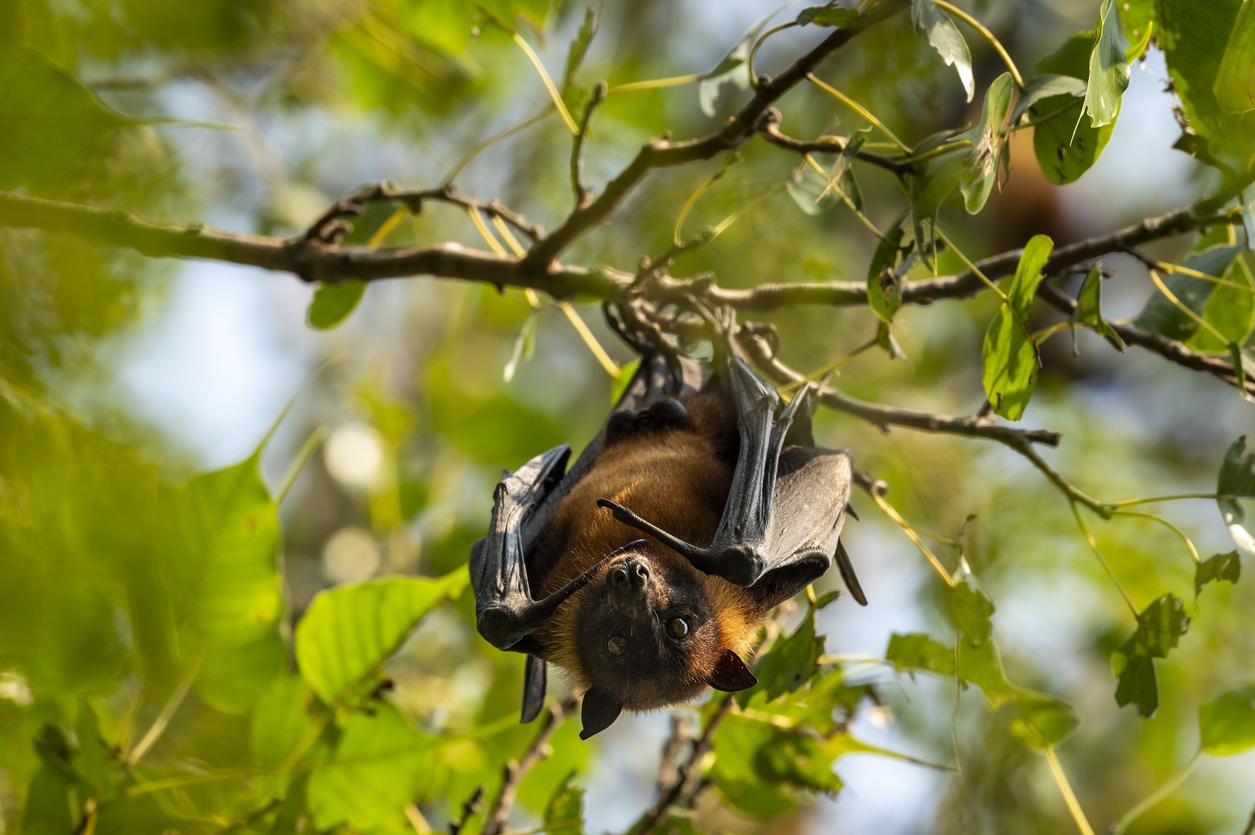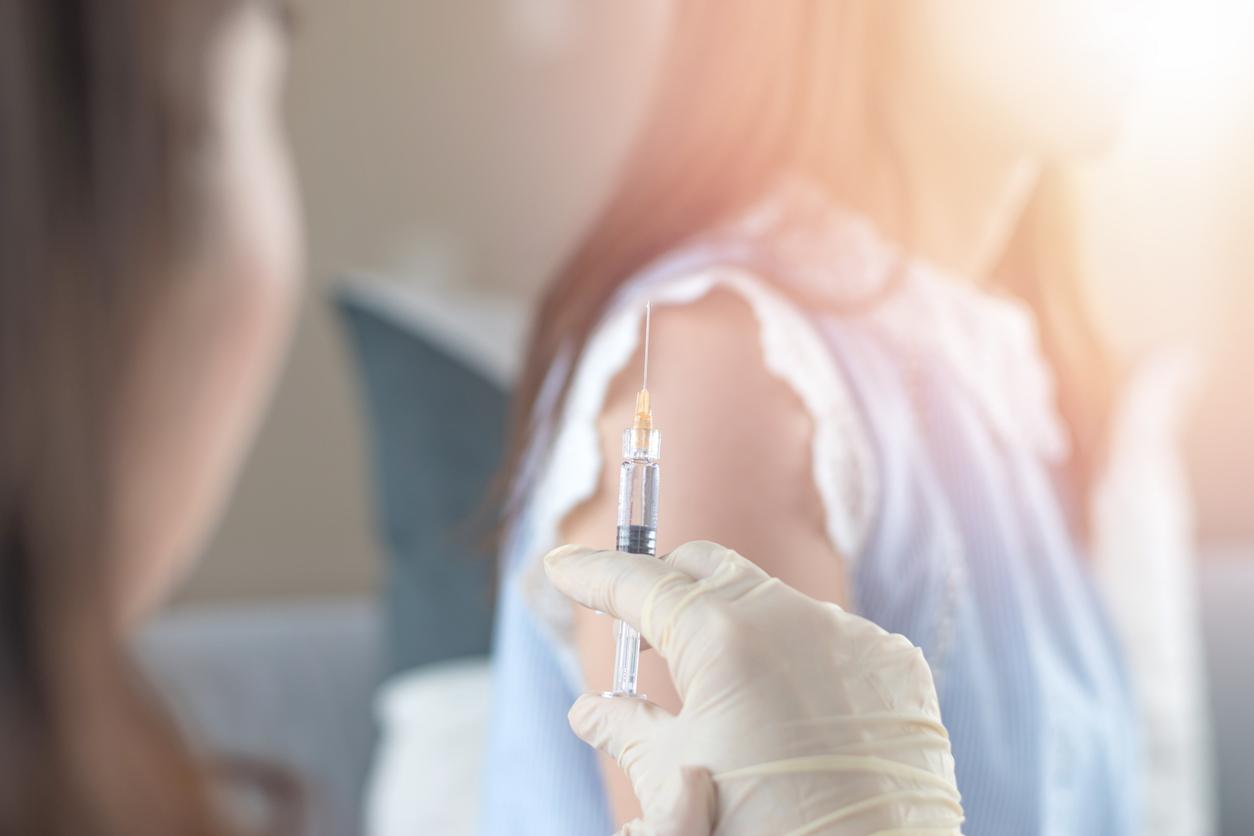
Russian President Putin offered all United Nations personnel a free COVID-19 vaccine yesterday. An offer you can’t refuse? The Russian Sputnik-V vaccine is the first registered COVID-19 vaccine in the world, but there are still many uncertainties.
On September 5th were the first research results in the Lancet about the Russian vaccine. The so-called ‘Sputnik V vaccine’ had been studied in 76 healthy adults, 40 of whom received the complete vaccine. The vaccine had been shown to be safe in this small study. That in itself was good news, but a science blogger saw crazy numbers in the results. Reason for a long list of scientists wrote a letter of protest that the figures had probably been tampered with. The Russian researchers defended their data in the Lancet on Monday.
In the meantime there is initiated a phase 3 study to the vaccine, which will include 40,000 people. Those results are not yet known. Other vaccines in the running have had this type of large-scale research for some time, including now the Dutch vaccine from Janssen.
A new kind of vaccine
Regardless of whether the initial results are valid, the Sputnik-V vaccine may still lose weight in that ongoing phase 3 trial. After all, the Oxford vaccine also only stumbled in phase 3 trial, when a participant became seriously ill – possibly a side effect of the vaccine. This investigation has been put on hold. The Oxford vaccine is also based on an adenovirus, as is the Sputnik-V vaccine. This relatively new mode of action has not yet been tested much, so safety testing is especially important.
Great interest
Despite the criticism from the scientists and the uncertainties about the phase 3 trial, the Russians are optimistic about the vaccine. It was already registered in August. Senior officials have already been vaccinated with it, and even Putin’s daughter has already received the vaccine. There are at least twenty countries who want to buy the vaccine, including India, which may help with production. India already has more over 100 million of ordered, provided the Phase 3 studies are successful. It is not yet known how many people have actually had the vaccine, but the numbers appear to be not too bad, according to The New York Times.
















